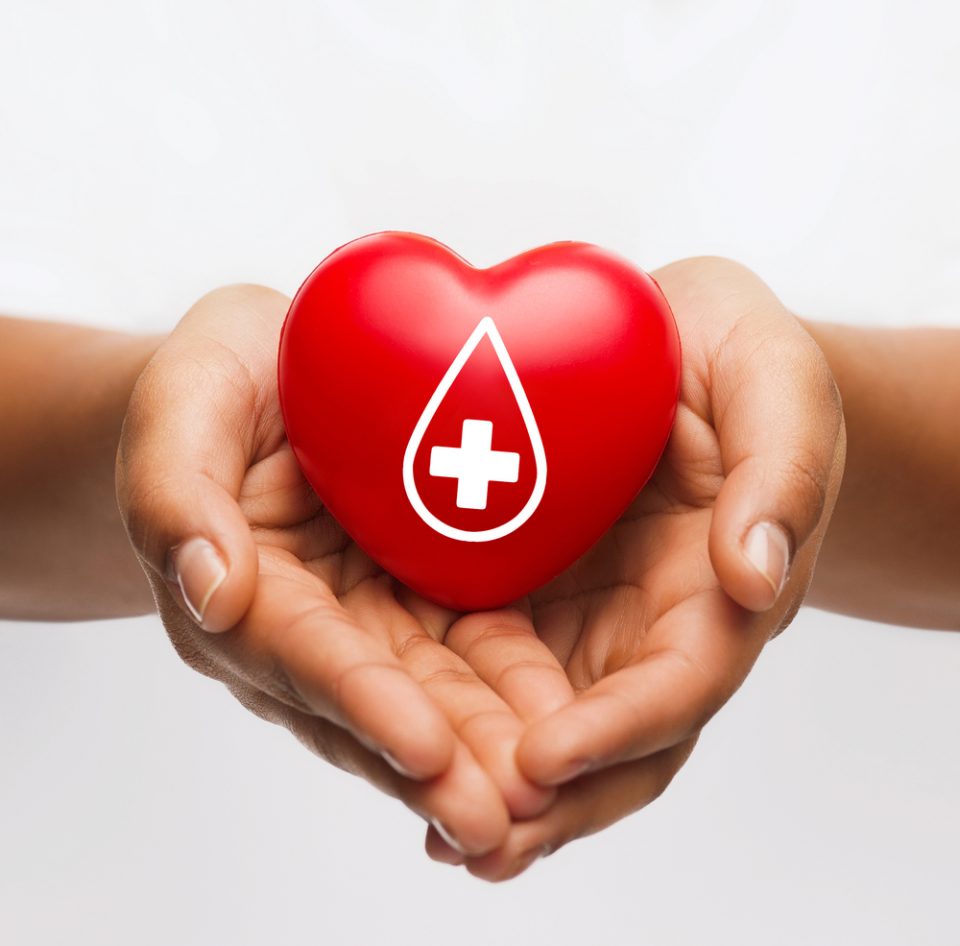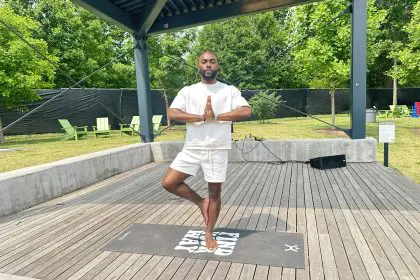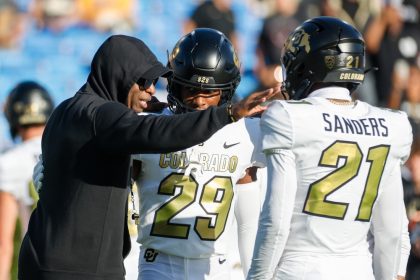
One of the most problematic cancers to treat among Blacks in America is acute myelogenous leukemia, a type of cancer of the blood and bone marrow that makes the body produce many immature white blood cells. White blood cells, also known as leukocytes, are the cells in the human immune system that serve to protect the body against infectious disease and other pathogens.
Treatments for acute myelogenous leukemia commonly include chemotherapy, other drug therapy and stem cell transplants.
Research has shown that Black men have worse complete remission rates and overall survival than Whites and Black women. Due to this, Blacks are more likely to have to go through the rigors of chemotherapy compared to other racial and ethnic groups. The primary reason is that Blacks typically are a mixture of races, and finding an exact match for a stem cell transplant is difficult.
Finding a bone marrow match requires finding individuals with the same tissue typing known as human leukocyte antigen, or HLA. The more racially and genetically mixed a person’s family heritage is, the more difficult it becomes to find someone with the same HLA typing for a matching bone marrow donation.
Another key factor is that Blacks have a lower registration rate for becoming potential bone marrow and stem cell donors. Some speculate that the same beliefs and hesitancy Blacks display with respect to organ and blood donation results in a major underrepresentation of the Black population in the donor pool.
Although data indicate that Whites have a higher age-adjusted incidence of disease when compared to Blacks and other races and ethnicities, Blacks with acute myelogenous leukemia had an increased risk of death by 12% compared with non-Hispanic Whites, according to researchers at the University of Washington.
Learn more about bone marrow and stem cell donors at the BeTheMatchAtl.org website. The goal is to get as many Blacks between the ages of 18 and 44 to volunteer as stem cell donors and sign up to join the Be The Match Registry®. So sign up today.
To find out how you can join the Be The Match Registry, visit BeTheMatchAtl.org or text HEALTHIQ21 to 61474.
This op-ed was written by Torrance Stephens, Ph.D., an infectious disease scientist. His essays can be found at https://torrancestephensphd.substack.com/














